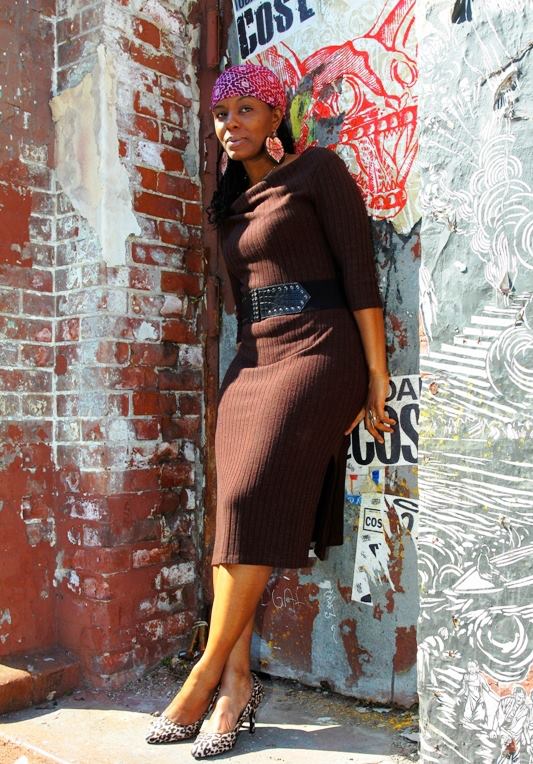
Fimmaker Stacey Muhammad chronicles the lives of seven African-American men in her web series For Colored Boys.
Inspired by Ntozake Shange’s iconic choreopoem For Colored Girls Who Have Considered Suicide When the Rainbow Isn’t Enuf, Muhammad sought to highlight the challenges of various Black men and boys with the same sensitivity Shange had in telling the stories of Black men. Here, Muhammad shares how she managed to get Isaiah Washington, Tim Reid and Marc Lamont Hill on board and provide a space for Black men to get it all out.
ESSENCE.com: What about Ntozake Shange For Colored Girls Who Have Considered Suicide When the Rainbow Isn’t Enuf made you want to create a dramatic web series about Black men?
Stacey Muhammad: For Colored Girls is a fearless and passionate sharing of the joys and pains of Black womanhood. In truth it took me years to appreciate this work. I personally needed to give myself permission to acknowledge the similarities between myself and the women in these stories without judgment or shame. Like many Black women, I’d been taught in, spiritual spaces, that my voice and experiences didn’t matter much. Rediscovering For Colored Girls… gave me the space to scream, cry, laugh, dance, shout, and get it all out. Along that journey I was inspired to, as best as I could, craft stories “for colored boys” which would also fearlessly and passionately provide a space for Black men to get it all out. As an activist, context is key and I’m not interested in ever creating a piece of artistic expression without context.
ESSENCE.com: Why did you decide to launch the web series on YouTube? Why not more traditional platforms?
Muhammad: We knew early on that most web series launch on YouTube. As independent content creators we have, at least initially, some limitations in terms of what’s available for launching a series. We weighed a few offers and ultimately decided that we had a better chance releasing our content independently and securing a distributor and possibly a network deal through our executive producers.
ESSENCE.com: The mother in this series seems to be caught in the middle between her children and their father and between her formerly incarcerated husband and her current boyfriend. What message do you seek to portray about how the incarceration of Black men affects mothers, wives, and children?
Muhammad: The message is that mass incarceration is a crisis of unprecedented proportion intended to destroy Black families and communities. Lisa, the mother in the series, is hurting and carrying a heavy load while attempting to be caregiver to a teenage daughter and her 20-year-old son “E” whose anger and resentment toward his absent father rears its ugly head when his father returns. He feels betrayed by his mother’s willingness to let his father back into their lives and Lisa has been unsure of how to adequately address the issues her husband’s incarceration created in their family. As if that wasn’t enough, she’s guilt-ridden after attempting to move on with her life and establish another relationship.
ESSENCE.com: How were you able to cast such a veteran actor like Tim Reid?
Muhammad: Connecting with Tim Reid is a testament to the role social media plays in connecting independent artists to a multitude of resources. Tim actually reached out to me on Facebook some time ago in reference to my I Am Sean Bell documentary film and asked if I’d visit his Legacy Media Institute in Petersburg, VA to speak with his students about independent filmmaking. Needless to say I was honored. While there, I was able to take a tour of New Millennium Studios, the independent film studio Tim and his team opened in 1997. I realized that having the opportunity to sit and speak with Tim about many things is the type of support many younger artists need from those who came before us and have done much of what we’re attempting to do now. I left Virginia with a commitment from him to come on board as an actor in the For Colored Boys series.
ESSENCE.com: How did you secure your executive producers Isaiah Washington and Marc Lamont Hill?
Muhammad: Again, Facebook! While preparing to release our first episode, I sent Isaiah Washington an instant message with a link to the pilot episode of For Colored Boys with no expectation that he’d pay attention to it, let alone respond. Not only did he respond favorably to the pilot, he asked to see more. He has been extremely hands on and available to speak with me about his hopes and plans for the series. April R. Silver of Akila Worksongs is responsible for securing Marc Lamont Hill as an Executive Producer. After a Twitter chat and many conversations, Marc’s interest went from supporter to Executive Producer and for season two, he’s committed to doing much to advance the project creatively.
ESSENCE.com: Will there be a season two?
Muhammad: God willing. Season two is coming much sooner than later, with at least another three seasons to follow. I’m very proud of what the For Colored Boys team has been able to create and I’m confident that this is only the beginning of a successful run of a dramatic series and the catalyst for many more to come.
You can watch the season finale of the For Colored Boys web series this Sunday, October 20.